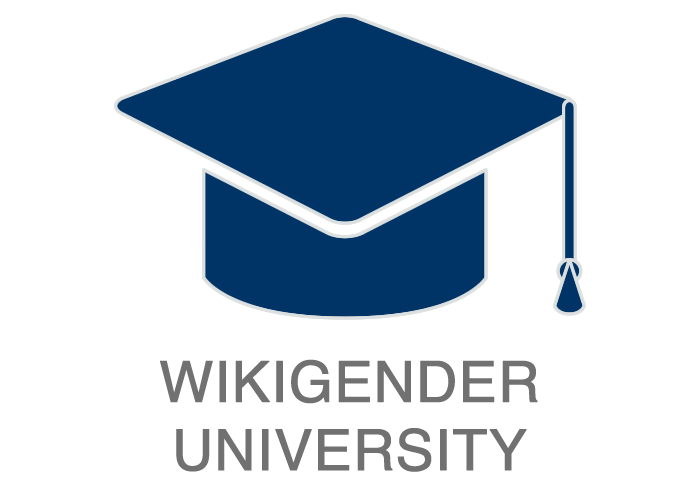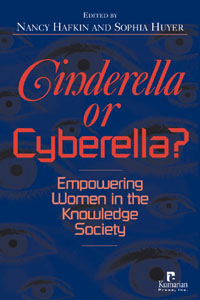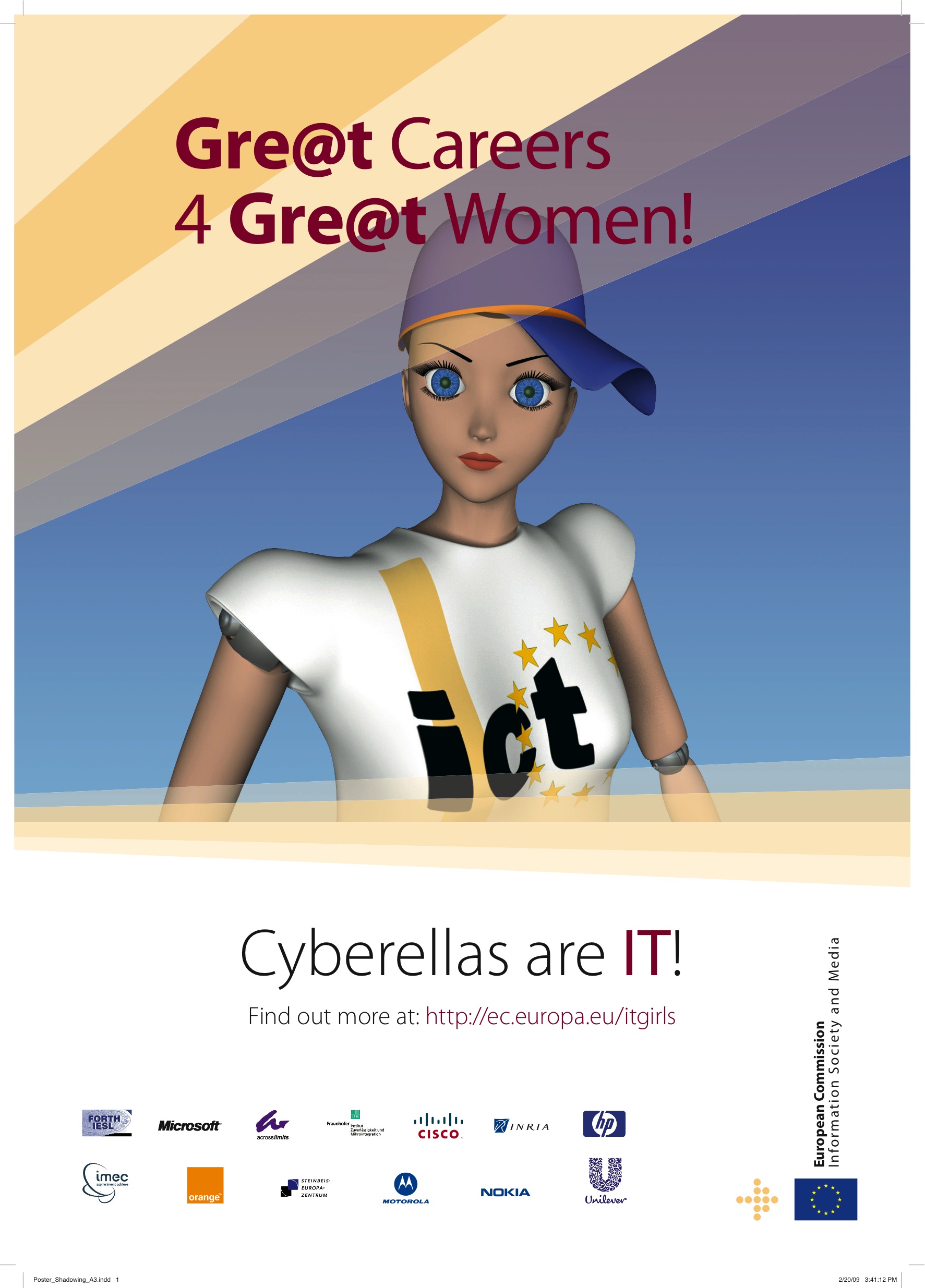Cinderella or Cyberella?

 Cyberella is fluent in the uses of technology, comfortable using and designing computer technology, and working in virtual spaces.
Cyberella is fluent in the uses of technology, comfortable using and designing computer technology, and working in virtual spaces. Cinderella works in the basement of the knowledge society with little opportunity to reap its benefits. http://www.styluspub.com/clients/kum/books/BookDetail.aspx?productID=187254
These are the definitions taken from Nancy Hafkin and Sophia Huyer’s book Cinderella or Cyberella: Empowering Women in the Knowledge Society, a collection of essays underlining the potential relationship between information technology and women’s opportunities, rights and welfare.
Summary
The central question addressed in the book is: can information technology contribute to women’s empowerment? And the answer is yes.
Hafkin and Huyer give numerous examples of “cyberellas” benefitting from economic, socio-cultural, educational and political empowerment through Information and Communications Technology (ICTs). To do so, they use case studies from Asia, Latin America and Africa, for example, “The Schoolnet Africa Experience”. The Schoolnet Women and African Economic Development organisation works towards reducing the “digital divide” between Africa and other continents, facilitating access to the internet for education, especially for women and girls. Additionally, the chapter entitled “Women in Latin America Appropriating ICTs for Social Change” details examples of Latin American women using ICTs in their struggle for equality and empowerment within broader social movements in the region as well as the use of internet forums, radio and web-based publications to create networks to push for the advancement of women’s rights.
The authors also deal with some of the barriers and limitations concerning ICTs and gender equality. They argue that many technologies, software programs and applications are aimed at men and that more relevant content is necessary in order to fully incorporate women into the information technology world.
The book focuses not only on the importance of computers and the Internet but also technologies such as mobile phones and radio, seen as vital in the case of developing countries. For example, if radio content in developing countries privileges men, women could miss out on vital health and weather information.
Cyberellas are IT!

The European Union’s Commissioner for Information Society and Media, Viviane Reding, has used the “cyberella” concept to promote a new EU campaign called “Cyberellas are IT!”. The campaign aims to increase the number of women in the ICT sector in the EU. Encouraging women to develop their ICT skills and become “cyberellas” will help deal with Europe’s shortage in this sector as well as its ageing workforce, falling birth rates and skills shortages in general.
The Conference “Cyberellas are IT!” took place on the 3rd March 2009 to celebrate International Women's Day .
Here is an extract from Viviane Reding’s speech:
“Unlike her great-grandmother, Cinderella – a woman with meagre prospects, whose story had a fairy-tale ending only thanks to a magic wand – Cyberella is a woman with a science or engineering degree, on her way to a decision making position in industry or in government and well-placed not only to benefit fully from the advantages of the Information Society, but also to take part in the design and production of technology. Also unlike Cinderella, who was unique, we can hope to see many Cyberellas – indeed the more the better. Cyberellas exist today, but how to ensure that we have more in the future? Some of you present today may recognise yourselves in this description! But there are not enough of you. We simply need more Cyberellas to have a happy end to Europe’s problems of an ageing workforce, falling birth rates and skills shortages. A Cyberella will be able to contribute to the design and production of tomorrow’s technologies and communication networks. She will thereby be able to have a strong impact on shaping Europe’s economic and societal future.” http://ec.europa.eu/information_society/activities/itgirls/cyberellas/index_en.htm
See also
Gender Differences and the Internet
Gender in Wikipedia
References
External links
Schoolnet Africa
EU campaign “Cyberellas are IT!”
Cinderella or Cyberella? The book available on Amazon


